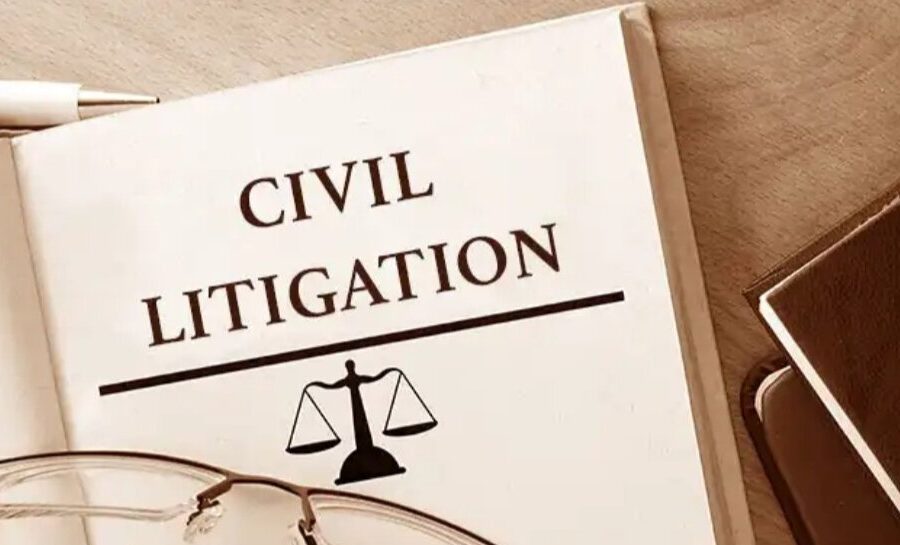INTRODUCTION
In the following article we shall look into the pre-requisites of filing a civil suit. Firstly, the article will deal the issue of exclusive jurisdiction clause which might be there in the agreement itself. Then the article will look into the payment of Court fee. And lastly, the article will deal with the requirements of Order 6 Rule 14A.
EXCLUSIVE JURISDICTION CLAUSE
A clause defining the parties’ mutual agreement to have their dispute decided by the courts of a specific jurisdiction is known as an exclusive jurisdiction clause. Because the selection of a single jurisdiction by the parties essentially results in the removal of all other courts from the dispute resolution process, these clauses are frequently referred to as “ouster clauses.”
On the other hand, public policy objections to outright clauses are frequently raised. Stated differently, should these clauses permit the parties to select a court that would not have been subject to jurisdiction under Sections 9 and 15-20 of the CPC? Or will courts find that, in accordance with section 28 of the Indian Contract Act, 1872, such an agreement restrains legal proceedings?
COURT FEE
Any substantive pleading filed before a court of law is subject to a court fee. This is done twofold: first, to raise money for the State, and second, to discourage litigants from starting pointless and vexatious legal proceedings. While the Court Fees Act, 1870 governs court fees in India, several states have passed laws allowing them to be charged in line with List II, Entry 3 of the Seventh Schedule of the Constitution.
We will first examine the pertinent CPC provisions before examining how the Court Fees Act, 1870, and the Karnataka Court Fee and Suit Valuation Act, 1958 govern the imposition and payment of court fees.
A party may cure the payment of the deficit court fee at any point, according to Section 149 CPC, which gives the civil court this authority. Therefore, failure to pay the deficit court fee is a correctable procedural error that won’t prevent the filing of a civil lawsuit. It does, however, make the suit susceptible to rejection in the future if the defect is not fixed.
In the case of Ajay Dabra v. Pyare Ram, the Supreme Court made it clear that a party’s failure to pay the court fee owed for a pleading will be considered resolved as of the date the pleading was initially submitted to the court.
The Court Fees Act, 1870, specifically states in Sections 3 and 4 that the High Court may impose fees on both the original and appellate side pleadings. How fees are to be calculated for various suits is outlined in Section 7. It is read in conjunction with Schedule II, which deals with fixed fees, and Schedule I, which deals with the assessment of ad valorem fees (based on the value of the suit’s subject matter). Certain circumstances, like the suit’s withdrawal, allow for the claim of a refund of court costs, which are addressed in detail in Sections 13–16. Court fees are typically collected through the use of stamps (as specified by Section 25 of the Act).
ORDER VI RULE 14A AND ITS REQUIREMENTS
Order VI Rule 14A of the CPC mandates that a statement containing the party’s accurate address—referred to as the “registered address of the party”—be filed with each pleading that is filed in court. A party may also notify the court under subsection (2) of any changes to the aforementioned address by submitting the necessary form and providing details of the new address.
There are serious consequences for both breaking these rules and attempting to give the court a fake or inaccurate address. If the plaintiff is the one with the defect, the court may, pursuant to Rule 14(5), stay the lawsuit until the correct address is provided.

